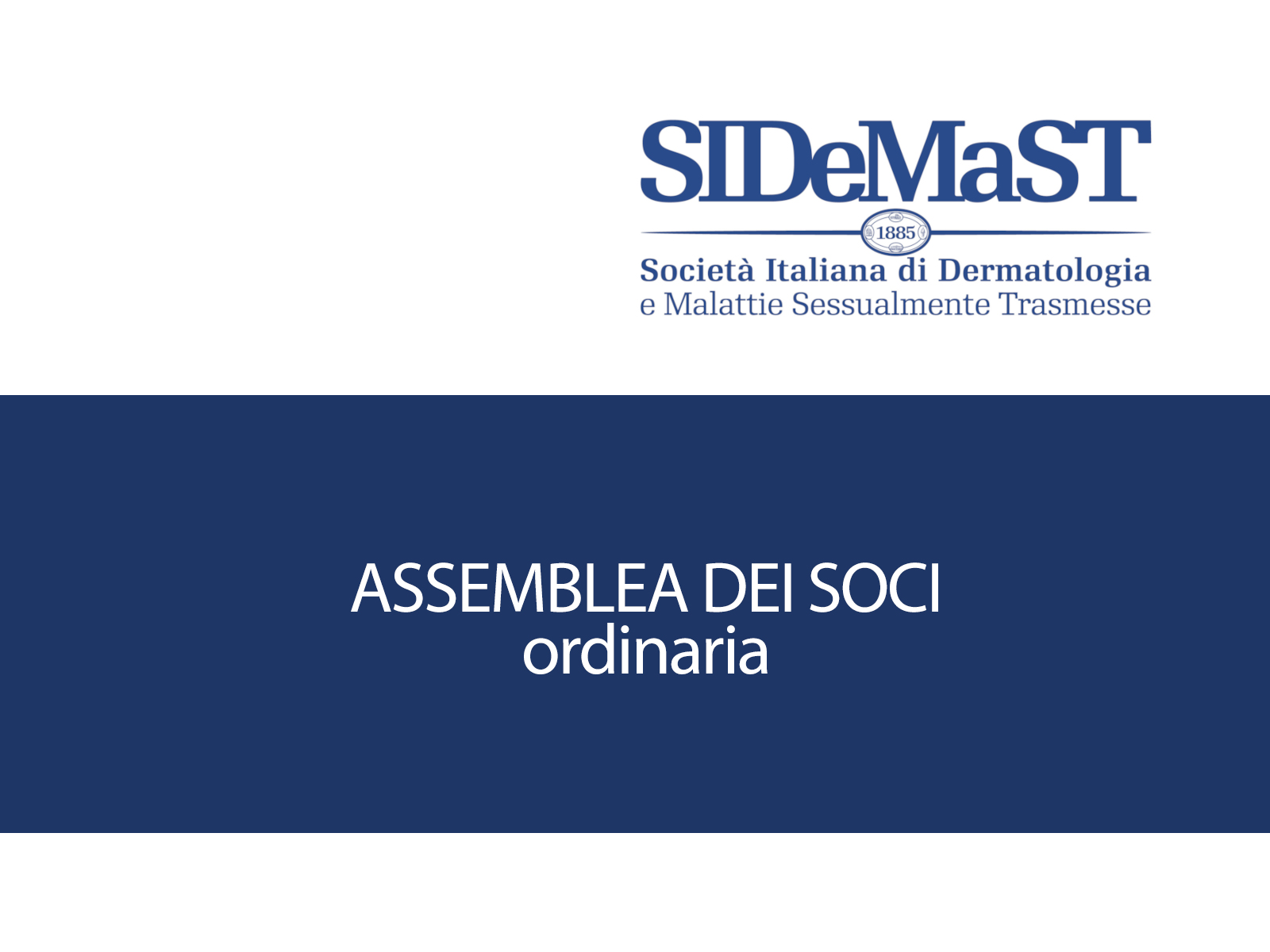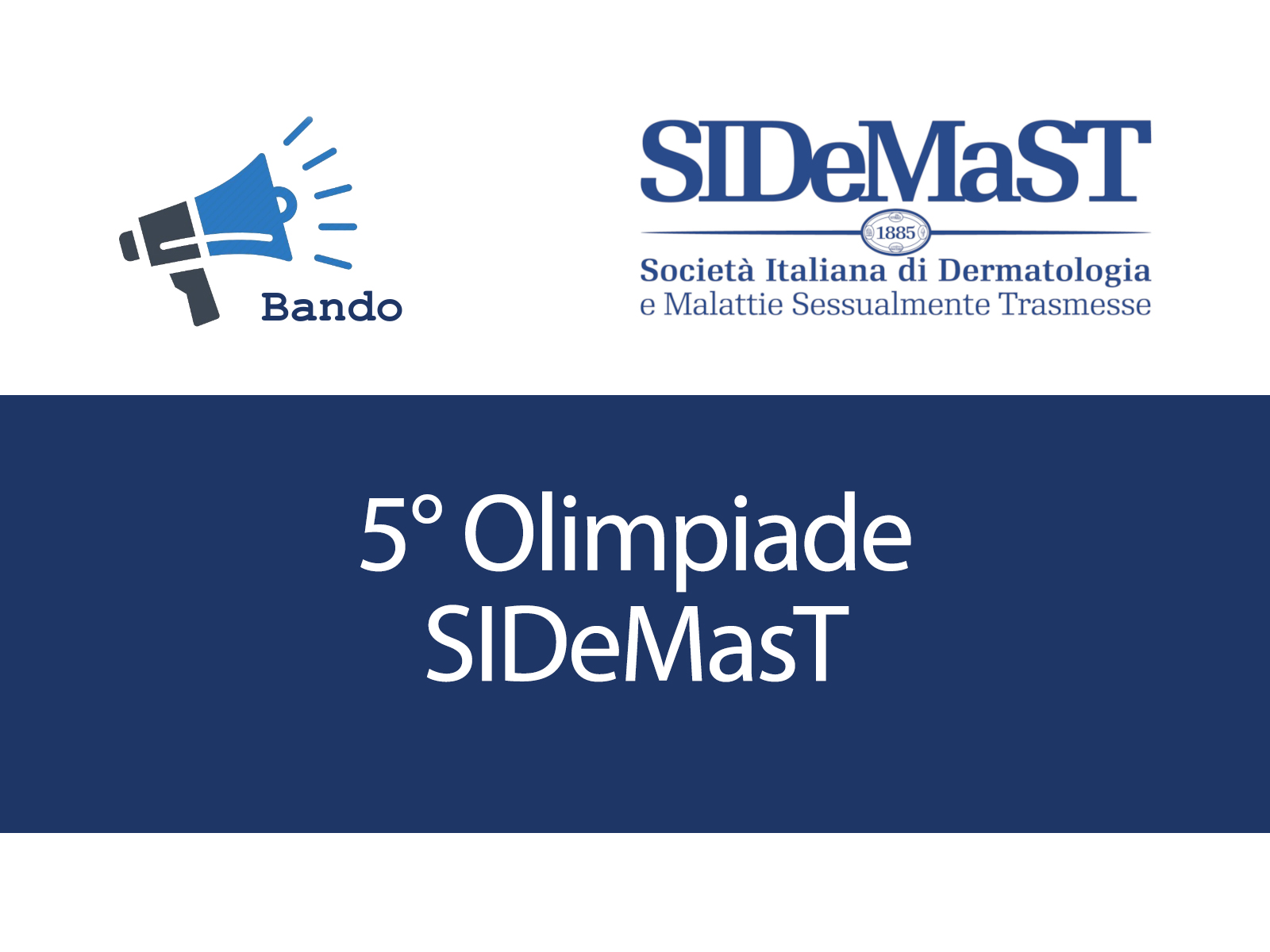Of patients with moderate to severe alopecia areata, 75% of patients had significant hair regrowth after treatment with ruxolitinib, according to a study published in the Journal of Clinical Investigation/Insight.
By the end of their treatment, average hair regrowth was 92%.
"Although our study was small, it provides crucial evidence that JAK inhibitors may constitute the first effective treatment for people with alopecia areata," said Julian Mackay-Wiggan, MD, Columbia University Medical Center, New York, New York. "This is encouraging news for patients who are coping with the physical and emotional effects of this disfiguring autoimmune disease."
Previously, the Columbia researchers identified the specific immune cells and the dominant inflammatory signalling pathways responsible for attacking the hair follicle in alopecia areata, putting them into a dormant state. Subsequent experiments with mouse and human hair follicles showed that topical and oral drugs that inhibit the JAK family of enzymes reawaken these dormant follicles by blocking inflammatory signalling.
To test this hypothesis, the researchers initiated a small, open-label clinical trial of 12 patients with moderate to severe alopecia areata (>30% hair loss). All patients were given ruxolitinib 20 mg twice daily for 3 to 6 months. Participants were followed for an additional 3 months to assess the durability of treatment response.
Nine of the patients had hair regrowth of ?50%. By the end of the treatment period, 77% of those who responded to the therapy achieved hair regrowth of over 95%. A third of the responders had significant hair loss in the follow-up period after the medication was stopped, although their hair loss did not reach pre-treatment levels.
Skin biopsies performed before, during, and after treatment also revealed that responders had a reduction in levels of interferon signalling and cytotoxic T lymphocytes -- indicators of an inflammatory response -- and higher levels of hair keratins. These levels were similar to those in people without alopecia areata. Before starting treatment, patients who ultimately did not respond to therapy had lower levels of inflammatory signatures, suggesting that it may be possible to distinguish between responders and nonresponders.
"We are very excited about the use of biomarkers to follow the response of patients to this treatment," said Angela M. Christiano, PhD, Columbia University Medical Center. "This will allow us to so monitor improvements in their gene expression signatures even before hair growth appears."
The drug was well-tolerated in all participants, with no serious adverse events. Those that did occur were infrequent, and included bacterial skin infections, skin allergy symptoms, and lower haemoglobin levels, which resolved with dose adjustment.
"Our findings suggest that initial treatment induces a high rate of disease remissions in patients with moderate to severe alopecia areata but maintenance therapy may be needed," said Dr. Mackay-Wiggan. "While larger, randomised trials are needed to confirm the safety and efficacy of ruxolitinib in people with moderate to severe alopecia areata, our initial results are very encouraging."
SOURCE: Columbia University Medical Center







